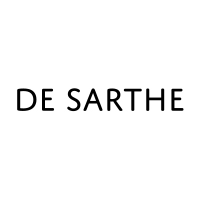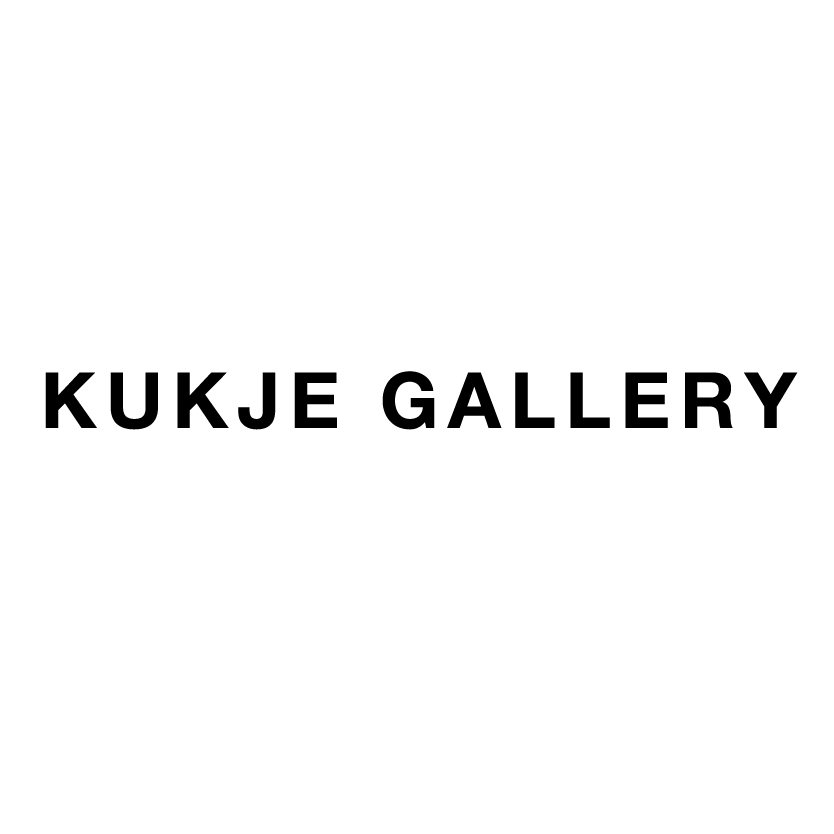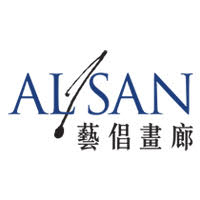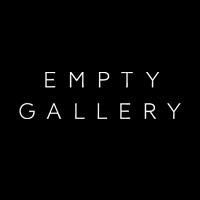Sex Exhibition In Hong Kong Reveals Conservative Attitudes
By The Editors
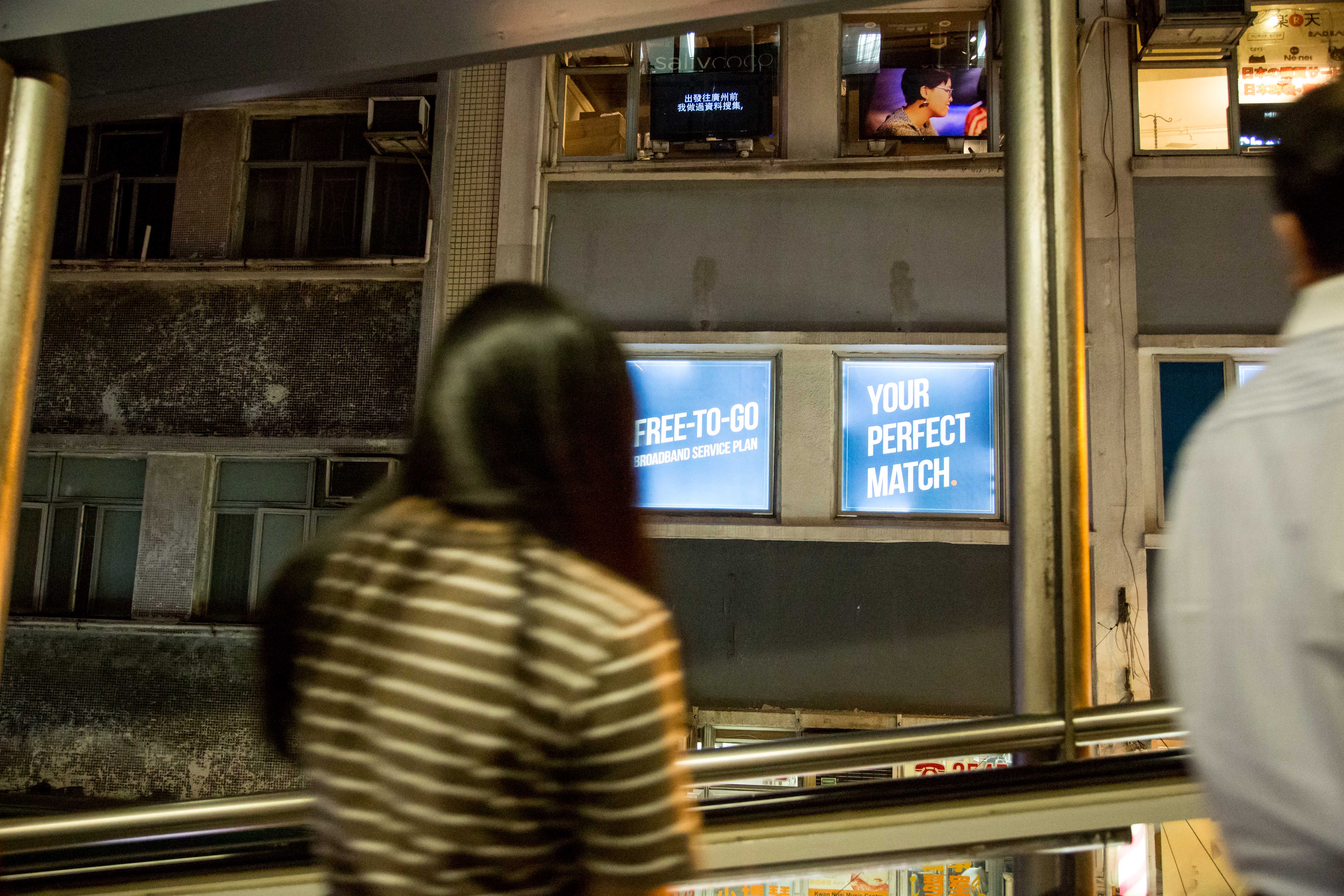
Commuters on Hong Kong Island’s Central-Mid-Levels escalator could view the two-channel video by Hong Kong artist Wong Wai-yim, which allegedly contained explicit language. Courtesy Para Site, Hong Kong.
Shortly after the opening of the ambitious multi-venue exhibition “Ten Million Rooms of Yearning. Sex in Hong Kong,” mounted by Para Site contemporary art space in Hong Kong, one of the video works, A Sex Story to a Sex Story (2013) by Hong Kong artist Wong Wai-yim, was unceremoniously shut off. Installed in the window of Sally Coco, a sex shop in Central, police received a complaint from a concerned pedestrian regarding the two-channel video work’s use of profanity. The monitors showing the work, which features a group of people sitting face-to-face in a circle relaying their sexual experiences, faced out toward the Central-Mid-Levels escalator, a walkway system that accommodates a daily traffic of over 55,000 people.
In an email interview with ArtAsiaPacific, the owner of Sally Coco, Vera Lui, stated that on May 10, after only two days after the work’s installation, two police officers entered Sally Coco and asked to see the owner who, at the time, was unavailable. The officers explained to the sales associate that a passerby had complained that the subtitles on one of the screens contained inappropriate language. The authorities requested that the offending monitor be shut off and, according to Lui, it remained so for the duration of the exhibition. Para Site’s organizers were not directly asked to change the artwork’s content but decided to edit the set the screen at an angle, making it less accessible to minors, and to produce a version with revised subtitles.
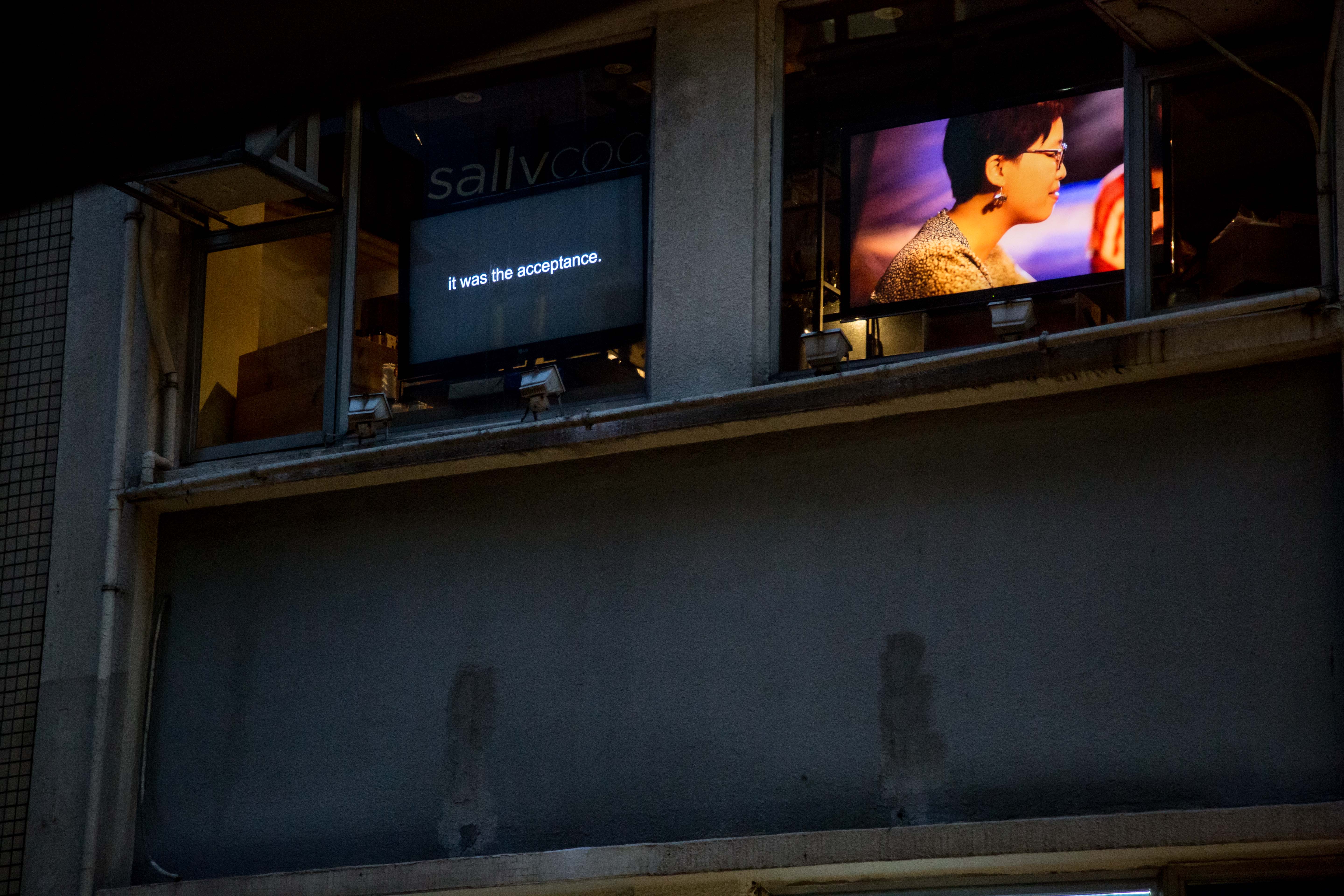
Installation view of Wong’s "A Sex Story to a Sex Story" (2013), which was on view as part of Para Site
Lui cited the importance and relevance of this exhibition in Hong Kong and on the placement of Wong’s work: “The idea is to raise awareness about sex. People can watch and see the video when they take the escalator on their way to work, when they go to lunch or when they go home.”
Lui and her husband Picco Chu first launched their business as an e-commerce website in 2010 and, two years later, opened their shop Sally Coco. Having considered sexual consciousness in Hong Kong to be increasing, Lui was slightly disappointed at the public response. “I have been in the Hong Kong sex-toy industry for four years now so I know that Hong Kong people are very conservative and closed minded when it comes to sex even though we call ourselves an international city. Throughout these four years, I feel that Hong Kong is slowly and gradually opening up to ‘sex’ and I thought the tipping point was going to come soon!” Lui also noted that this incident should serve as a “reminder for me of how big a taboo sex still is in Hong Kong and we still have a lot to do!”
On June 20, representatives of Para Site got in touch with ArtAsiaPacific to clarify our original reporting, maintaining that Wong’s video was running as planned until May 17, and had been witnessed by staff members guiding guests of Art Basel Hong Kong to the exhibition’s various locations during this period. According to Para Site, Sally Coco only informed the art space of the police visit on May 19, leading to Para Site’s immediate decision to change the angle of the video monitors and to create an edited version of the work. The replacement video was only finalized on May 23, thus the altered version of Wong’s work was ultimately not shown as the Sally Coco venue of the exhibition closed on May 25.
The other works in “Ten Million Rooms of Yearning” were exhibited in the Sheung Wan Civic Centre and Exhibition Hall, a private flat in Sheung Wan, Connecting Space and at Para Site’s own space. Most of the locations closed on May 25, with the exception of Connecting Space (July 13) and Para Site (August 10).
This article was amended on June 20, 2014.


